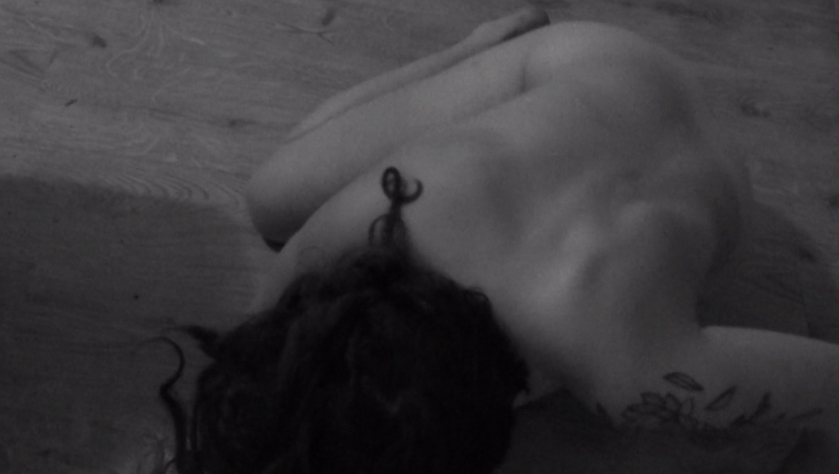
Del Franco al Rajoy, histories feixistes
(2017-2018)From Franco to Rajoy, fascist tales.
The video starts with a sound recording of the dictator Francisco Franco singing the “De cara al sol” anthem in 1953 and at the end of the video we can hear a recording of a gathering of unionist fascists singing the “De cara al sol” anthem in 2017. This performance consisted of an AFAB body falling down as if she was being hit and getting back up repeatedly.
Del Franco al Rajoy, histories feixistes (2017) was originated from the events during the Catalan referendum and those that followed until today. (For more information about the events around the referendum click here)

It’s easier to step on me if you dehumanize me and give me names.
(2018-2019)
Hierarchies of race, gender, sexuality, status, economy,
ability, education… The belief system is that if somebody is lower in the
‘hierarchy’, they are less important, less intelligent, less worth and so they don’t deserve respect. By separating ourselves from the other, we can
position ourselves on a different level. We dehumanize the other and that is
our permission slip to aggression.
It’s easier to step on me if you dehumanize me and give me
names (2018-2019) was originated from the events during the Catalan referendum.
It is an exploration of the ways in which we allow ourselves to treat others
badly, the ways in which we focus on what separates us rather than what we have
in common, and how those beliefs translate in our contemporary society as well
as through history.
[to step on someone] to treat someone badly, especially because they have less power or importance than you. To be cruel or unkind to someone: abuse, mistreat, oppress...
My fluent femininity and non-heterosexuality in a bag
(2019)Many times we might be told we can’t be something because we
don’t look it. A clear example of this is gender identity and sexuality. ‘You
can’t be a lesbian, you are too feminine, you are too pretty. You can’t be a woman,
you don’t look like one’.
We have expectations about who the other is, based on the information we have. One needs to question the origin of those ideas.
Could they come from predominantly white cis abled heterosexual men’s work and narratives? We absorb music, literature, film, series, advertisements on a daily basis.
White cis abled heterosexual men have been leading the information we have been consuming for centuries, from early literature like Homer’s Odyssey until now, when we are digitally immersed in these narratives. Centuries of harmful representations ingrained on us.
What we believe is not an immutable reality but a biased concoction of biased data.
The ideas we have of the other, a construct.
We have expectations about who the other is, based on the information we have. One needs to question the origin of those ideas.
Could they come from predominantly white cis abled heterosexual men’s work and narratives? We absorb music, literature, film, series, advertisements on a daily basis.
White cis abled heterosexual men have been leading the information we have been consuming for centuries, from early literature like Homer’s Odyssey until now, when we are digitally immersed in these narratives. Centuries of harmful representations ingrained on us.
What we believe is not an immutable reality but a biased concoction of biased data.
The ideas we have of the other, a construct.

I cut my dreads. As I get rid of the identity you have
assigned to me, another one is being created simultaneously.
The labels never reflected who we are, they never will.
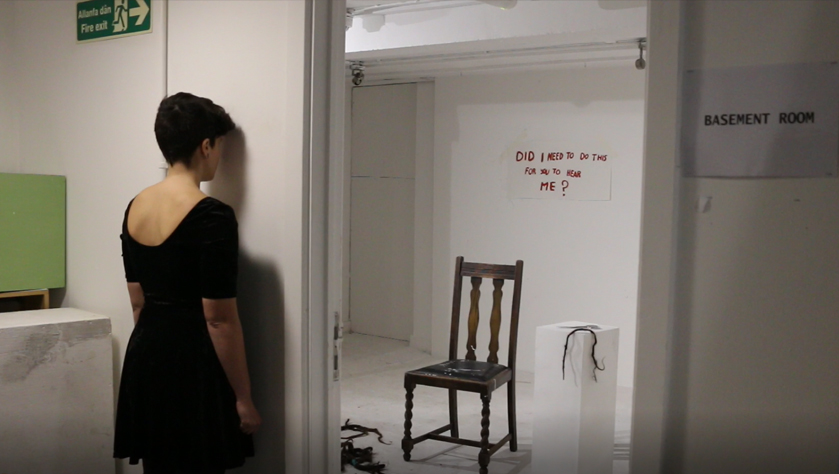
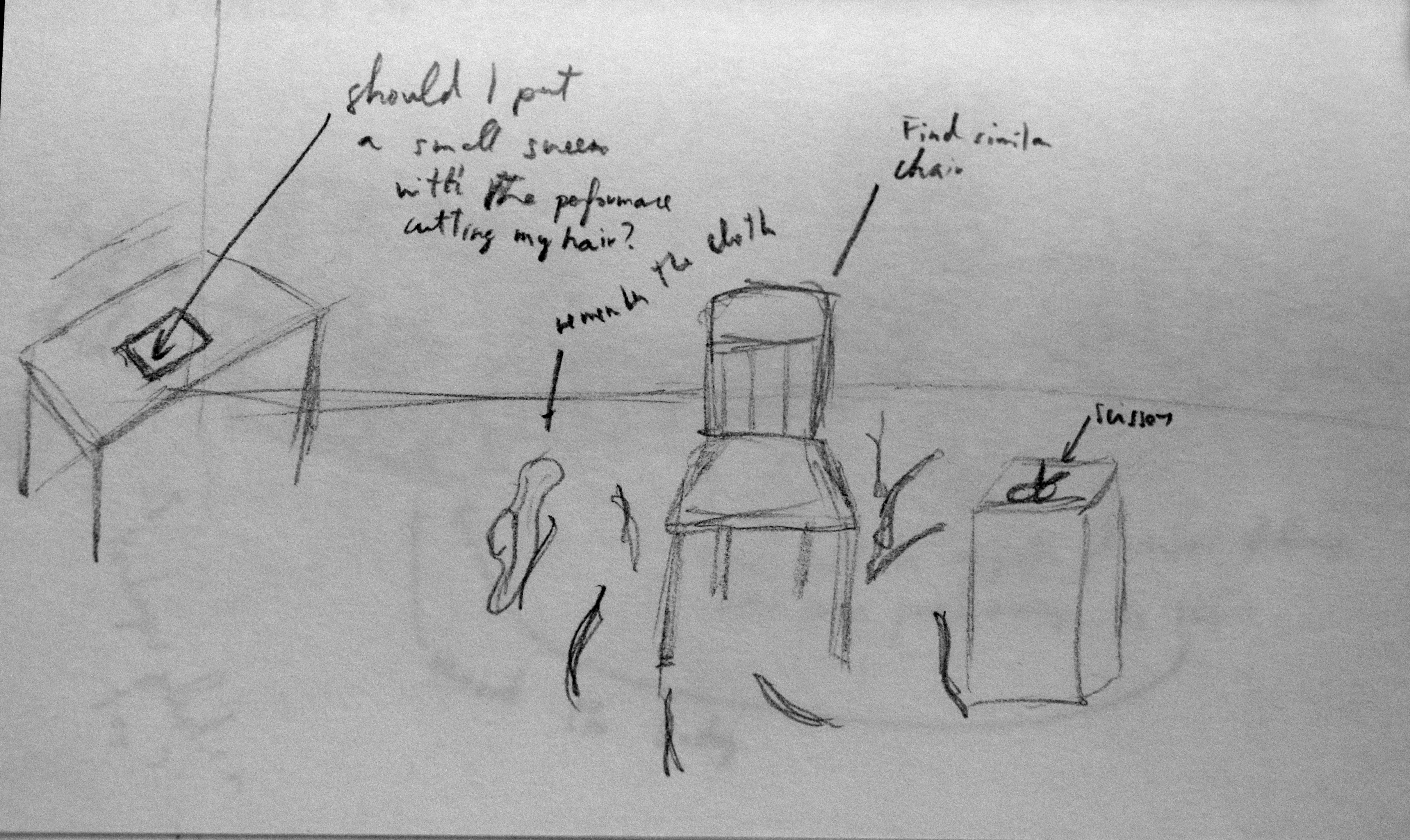
Did I need to do this for you to hear me
(2019)A continuation of the performance My fluent femininity and non-heterosexuality in a bag (2019). This performance came from a reflection on white representation and its effects. An exploration of the different ways in which we can convey ideas without using our image as the center through performance.
The extent that one goes to,
to be treated like one deserves
the extent that one goes to,
to be seen as one is inside,
the extent that one goes to,
to blend in and feel like they belong, to fit in.
Try to fit into the binary, look like a man, look like a woman.
Try to fit into the ideal of the oppressor, look like they want you to be. Don’t
look black, don’t look disabled. Don’t look masculine, don’t look gay, don’t
look poor, don’t look old. Straighten your hair, hide your disabilities, wear
‘feminine’ clothes, speak and dress like the others. Hide your white hair and wrinkles.
The performance of our lives, to be conformed (or not)

Will it ever end?
(2019-2020)This was a durational performance in which the artist spent months creating more than 60 miniature reproductions of phallus sculptures around the world and subsequently destroyed them.
What if all it took to get equality, was to destroy every men’s achievements through history so we can start anew? Would people indeed get rid of these ‘master’ pieces in order to get equality if that is all it took?
For each Rembrandt, Monet, and Vermeer and every book written by Freud burned, millions of people will cry. I wonder how many women, black people, and other ethnicities, trans and queer people might celebrate this event?
Disregarding and destroying these paintings and works could be the first fragmentation of the system of hierarchies.
No more Foucault, Picasso, Freud, Plato
Chrysalis
(2020)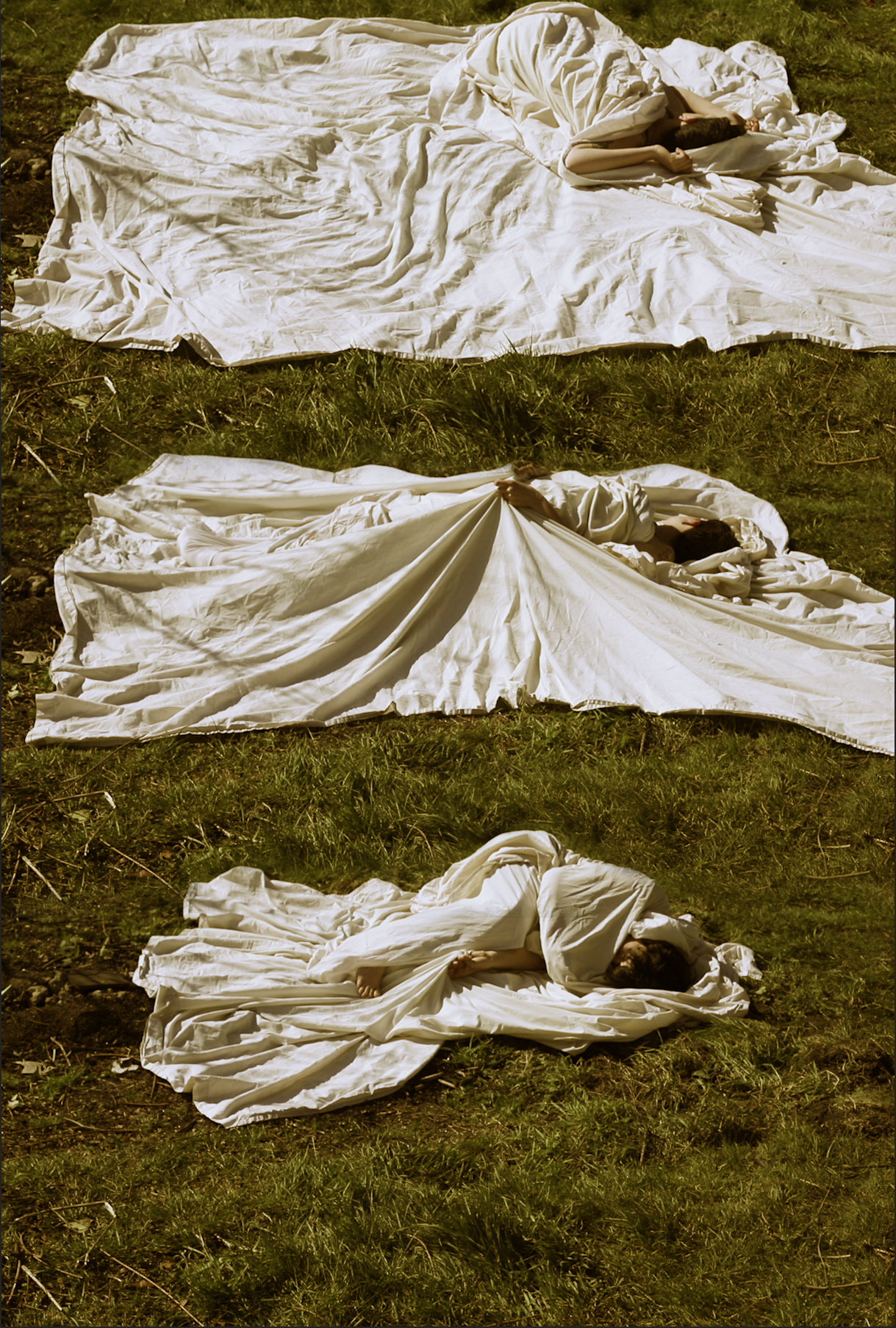
To feel safe.
To heal.
To overcome.
To transform.
Looking from outside to see what happened. Looking from the inside,
still
cautious of the world.
No puc/ I can’t
(2020)A performance exploring mental health and the path of healing. The arduous path of depression. A void in the infinite. No tunnel to be found, no light expected. The abyss.
What if this is me? What if this is who I am? What if there is nothing to come out of?
Questions like these are to be asked by those who suffer from depression. The absorption of the condition as one’s nature, not realizing that they are not the disease but that they have a disease.
After several years of suffering depression, the artist reflects upon the healing, the end of the tunnel, the happiness of finding oneself again.
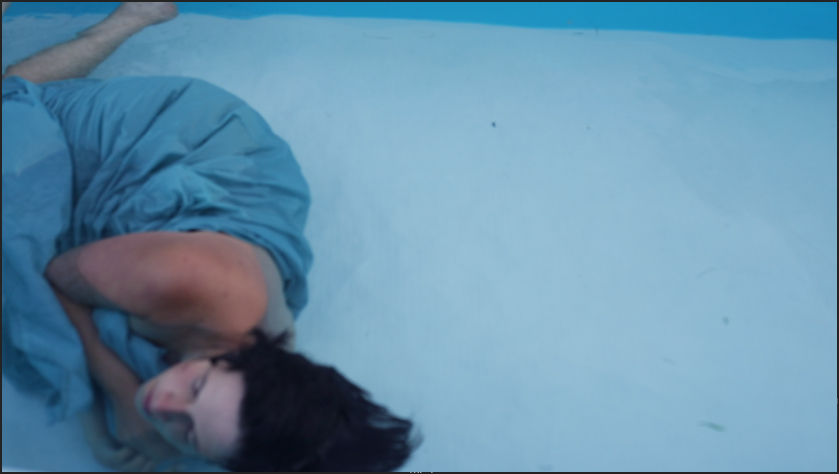
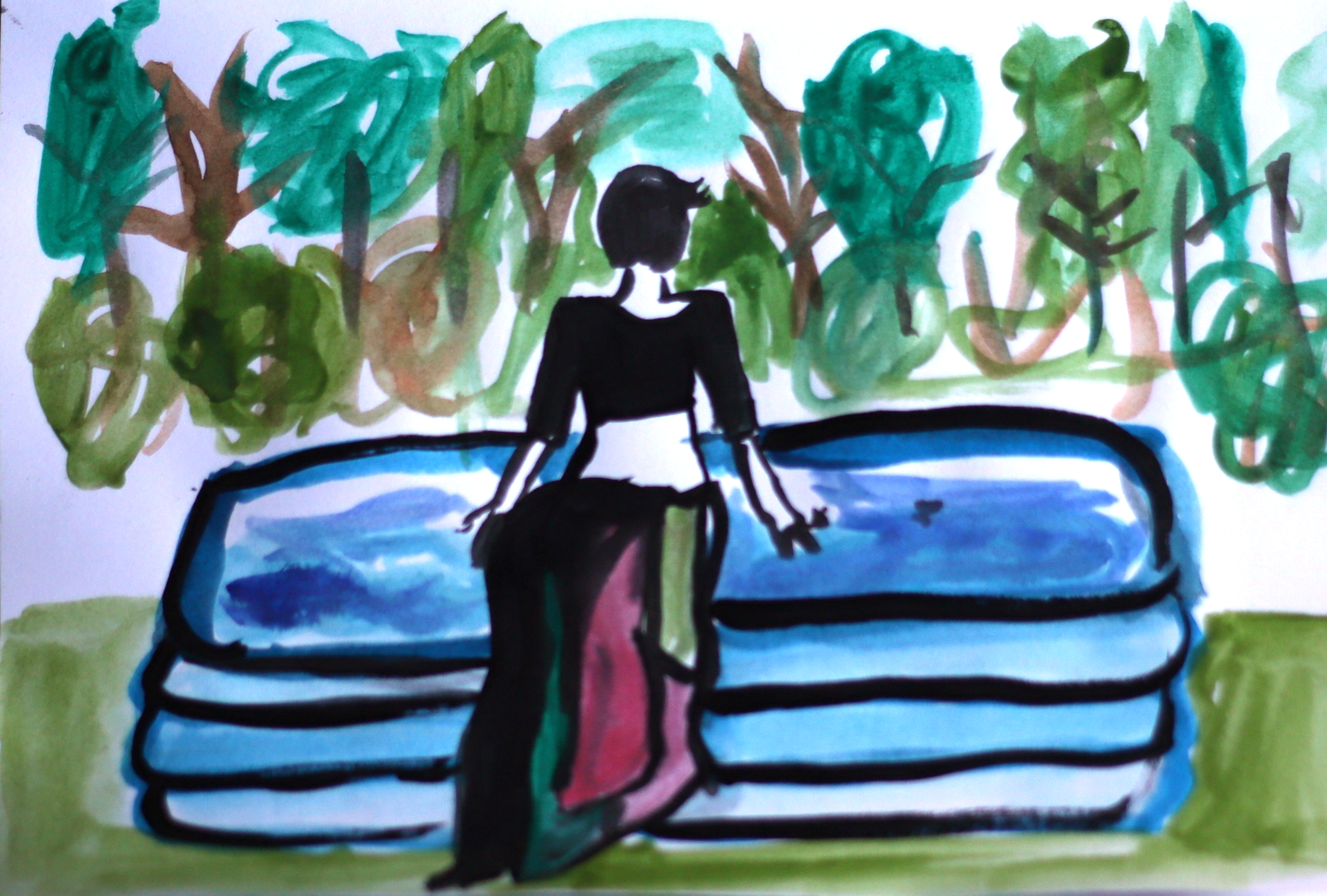
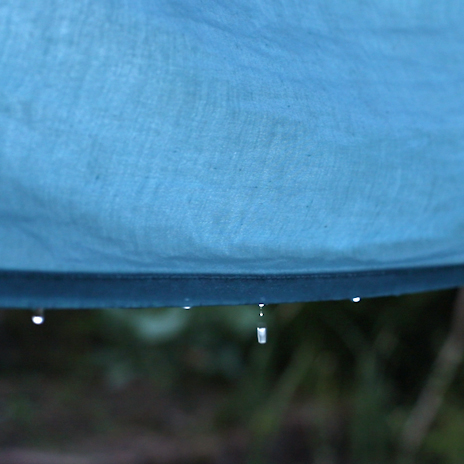
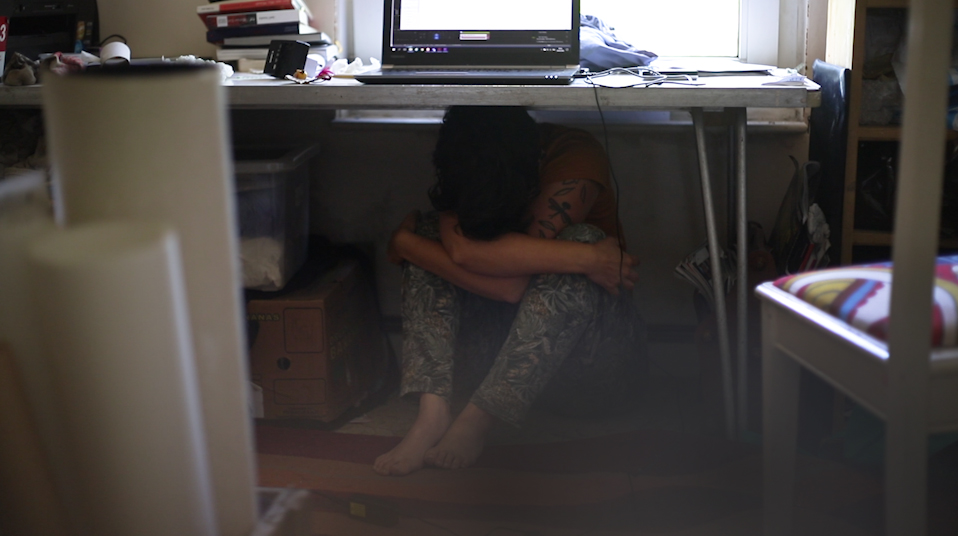

Not my vulva (2021)
Performance in conjunction with the installation ‘A retrospective of selfhood and identity’


